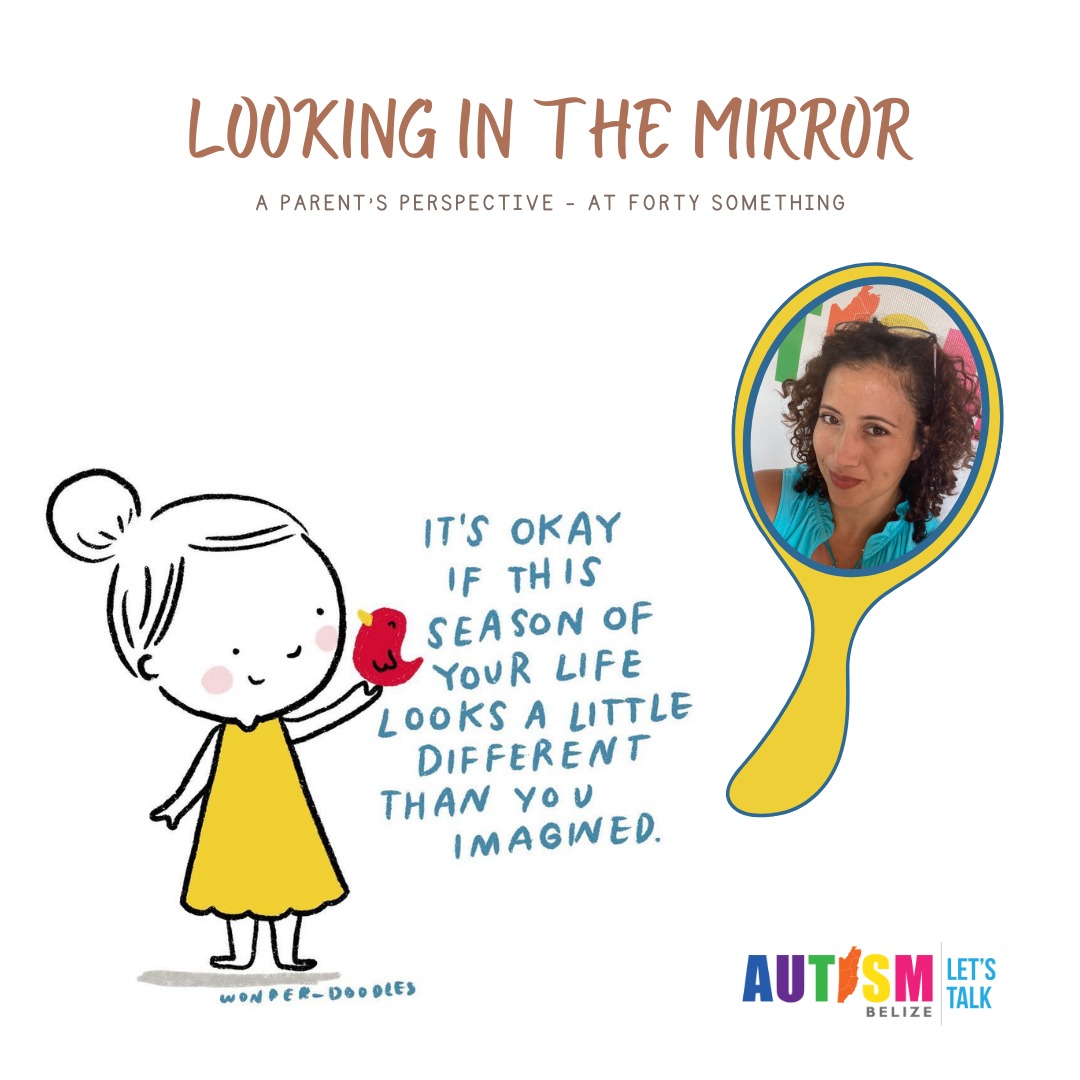Today, October 10, 2021 is World Mental Health Day. Over the past two years, I’ve spoken about my ups and downs and battles with my mental health. So today, I thought I’d write a little about Teo’s.
Surprising, Right?
Yeah, who would think Teo has issues? I certainly didn’t. I mean, my kid is usually smiling and laughing …or angry at something- but not depressed? I mean, many think depression means can’t get out of bed or crying or always sad. And THAT has NEVER been Mateo.
But around age 11, Mateo’s psychiatrist said she believed he was suffering from Anxiety and Depression. Seriously?! It honestly boggled my mind. Then I did a little research. Did you know that people on the autism spectrum are four times more likely than neurotypicals to experience depression at some point during their life? Moreover, over 70 percent of autistic youth have mental health conditions such as depression and anxiety and they might worsen and persist as they get older.
Ok, That Makes Sense…
I mean, I can see that. Our youth struggle with social interactions and making friends. Many struggle with school since they learn differently. They are misunderstood and isolated. Finding jobs is difficult. So yeah, I can totally believe the statistics. But MY Mateo??? I honestly struggled to see it.
“It’s really hard to assess depression in individuals with autism,” Katherine Gotham, clinical psychologist.
As I’ve learned, especially with autism, there’s no ‘typical’ look for depression or anxiety. Especially since a lot of the signs overlap with ‘typical’ autistic behaviors and traits. So for Teo, what do I do?
Observe, Observe, Observe
As with everything else, really, we watch him like a hawk. We monitor for increased behaviors – random crying, irritability, increased stimming, aggression, self-injurious behaviors. Anything that is a change to his ‘norm’ is something we have to closely watch. It MIGHT be depression. It MIGHT be anxiety. It might be issues with diet or change or routine or gosh, so many other things.
Autism does not come with any guidebook and there’s rarely a straight answer. So we keep observing, track data, and then well – it’s all trial and error.
Medication
For him, we made the difficult decision to try medication. It wasn’t our first choice. It was absolutely closely monitored by his doctor and therapist. Honestly, it truly was the right thing for US to do. Talk therapy wasn’t going to work for Teo. We are JUST recently getting him to share a bit of his feelings. Finally, we did see improved changes in his behavior on the medication.
Why share?
So, why am I saying all this? Because we all need to hear it, seriously.We need to watch our kids closely – ‘neurotypical’ or special needs – especially during these times. Depression, anxiety, and other mental health challenges might not look like they do on tv or on the ads. So, please keep track of changes in behavior. Talk to your kiddos, if you can. Get some help if they can but won’t talk to you. Cognitive Behavior Therapy is highly recommended for youths on the spectrum. Think about it like this: as babies we take our kids to the doc for ‘wellness checks’ ;maybe as pre-teens and teens we should take our kids to counsellors and psychologists for a different kind of wellness check.
“Don’t be ashamed of your story. It might inspire others.”
And remember, there’s no shame in working on our mental health and helping our kiddos with theirs. We will all have our ups and downs, but with help and support, we can all smile again.




